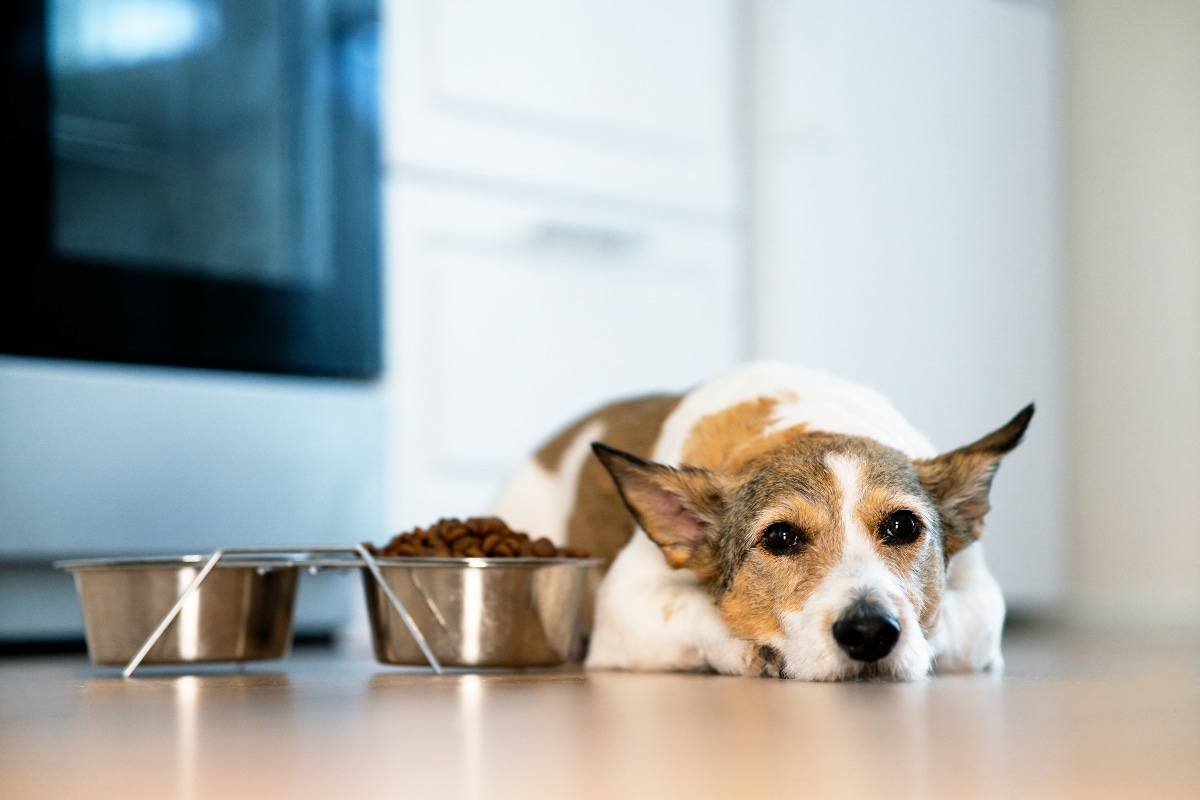 Shutterstock
Shutterstock
Dogs are pretty good at masking their feelings until they’re absolutely not. When your pup suddenly gets clingy, moody, or starts acting a little off, it could be a sign they’re feeling insecure. These behaviors aren’t always loud or dramatic; sometimes they’re quiet changes we shrug off as weird habits. But insecurity can sneak in after changes in routine, environment, or confidence. If your dog’s acting differently lately, they might be trying to tell you they’re not quite okay, and they’re hoping you’ll pick up the signal.
Clingy Velcro Mode
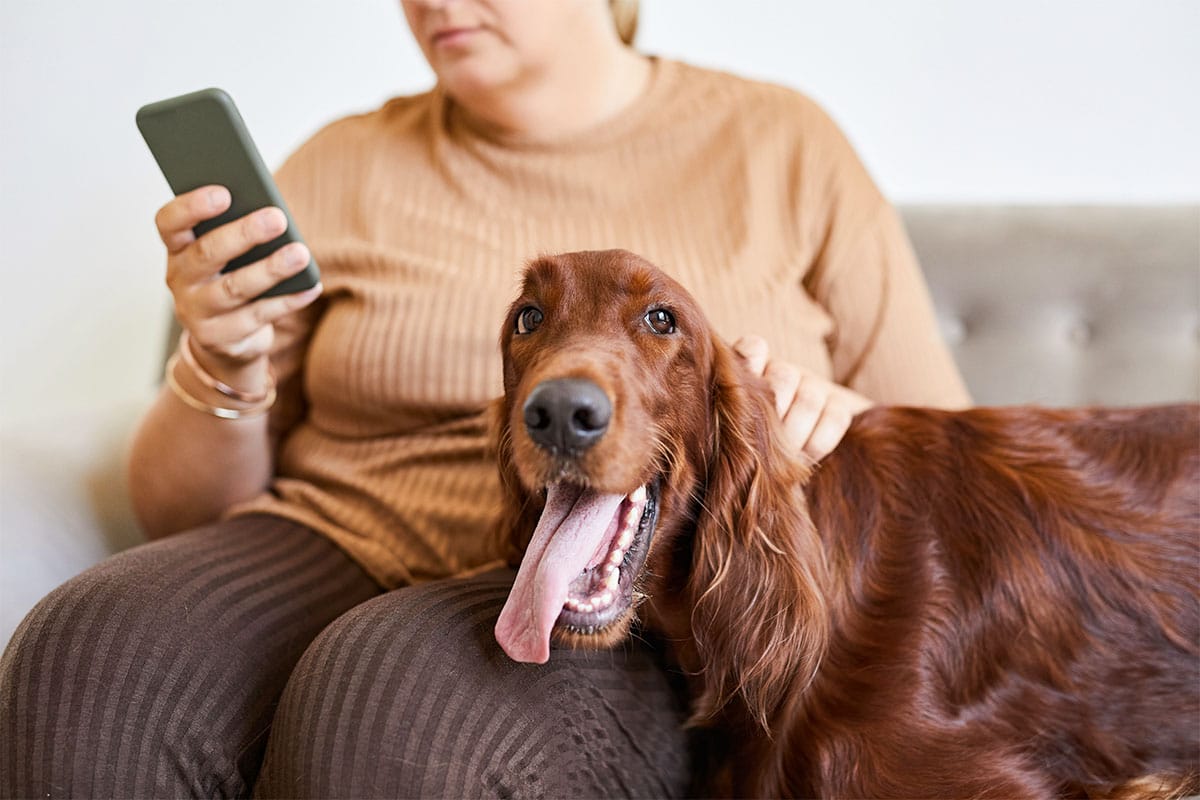 Shutterstock
Shutterstock
If your dog won’t let you out of their sight, not even to pee in peace, they’re probably feeling a little insecure. This shadow-like behavior is their way of staying close to what feels safe: you. Dogs that follow you from room to room or panic when you leave may be struggling with separation anxiety or low confidence. It’s sweet, sure, but it also means they’re relying heavily on your presence for emotional stability.
Excessive Licking
 Shutterstock
Shutterstock
While the occasional lick is normal, constant licking, especially of their paws or your skin, can be a sign of stress or insecurity. Dogs do this to self-soothe, much like a human might fidget or bite their nails. It releases calming endorphins, but it’s also a red flag that they’re not feeling emotionally steady. If your pup suddenly turns into a compulsive licker, it’s worth checking in on what might be making them anxious.
Hiding or Avoiding Interaction
 Shutterstock
Shutterstock
Dogs that usually greet you with joy but suddenly start hiding under beds or avoiding eye contact could be feeling unsure of themselves. This type of behavior is common after a big change, like a move, a new pet, or a stressful event. Hiding gives them a sense of control when their world feels too overwhelming. It’s their way of saying, “I’m not ready to deal right now.”
Submissive Urination
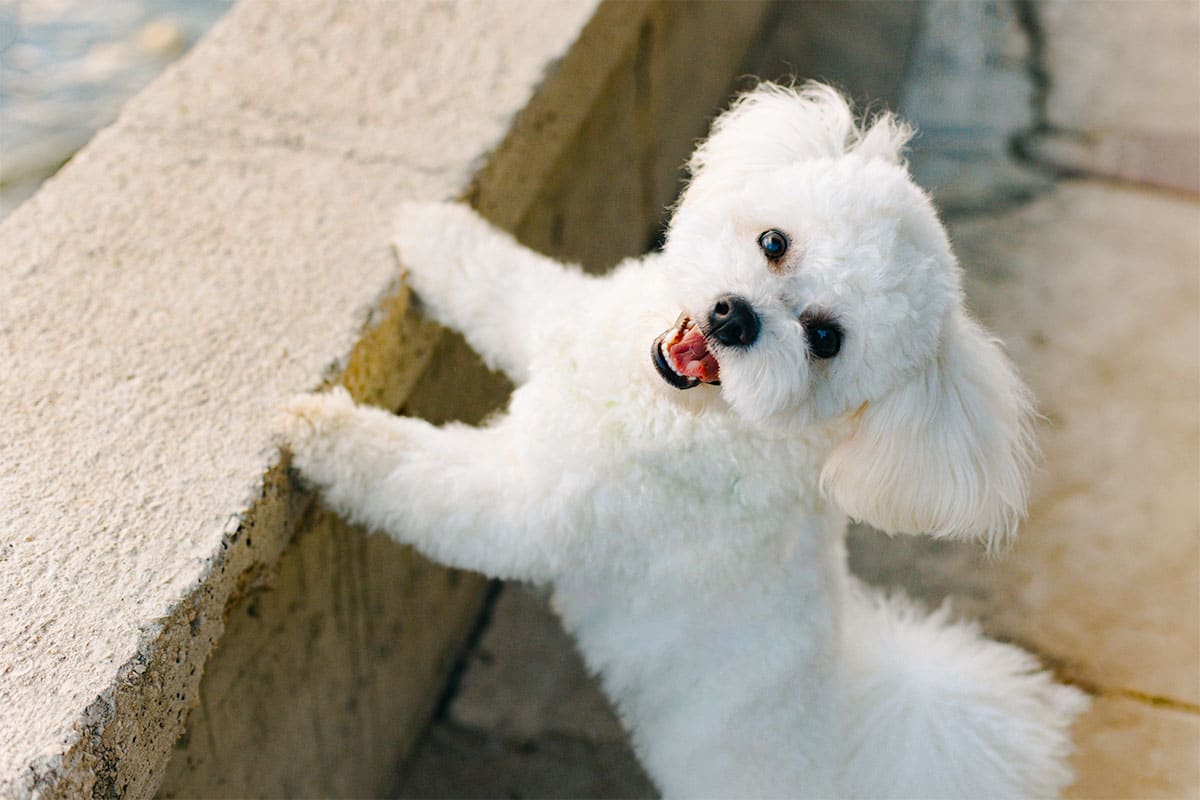 Shutterstock
Shutterstock
If your dog rolls over and pees a little when greeted, especially by new people or in unfamiliar settings, that’s a clear sign of insecurity. It’s not bad behavior, it’s nervousness. Puppies often grow out of it, but insecure adult dogs might still do it when they feel threatened or unsure. It’s their awkward way of saying, “I mean no harm, please like me.”
Tail Tucked and Ears Down
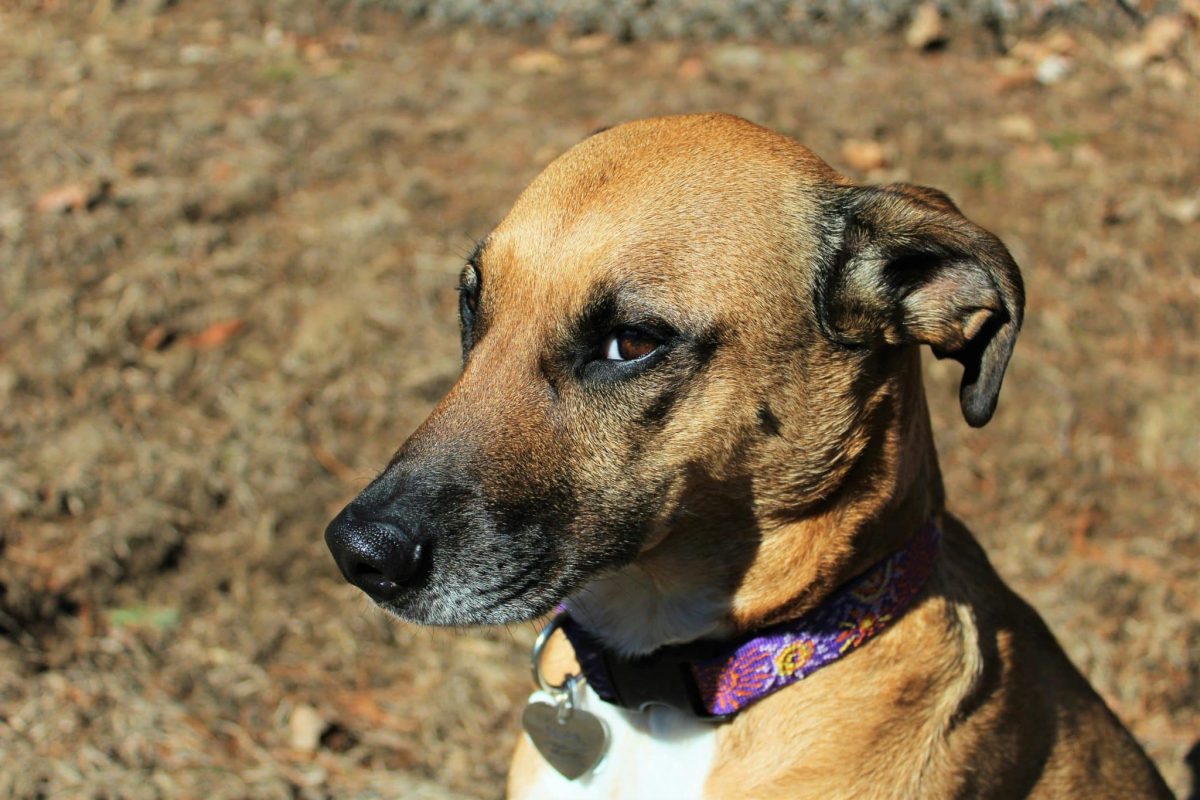 Shutterstock
Shutterstock
Body language speaks volumes, and an insecure dog will often carry themselves differently. A tucked tail, pinned-back ears, and hunched posture are all signs they’re feeling vulnerable. Even if they’re not vocalizing it, their body is broadcasting “I’m not okay.” Recognizing these physical cues can help you respond with comfort and confidence to help your pup feel more secure.
Constant Barking or Whining
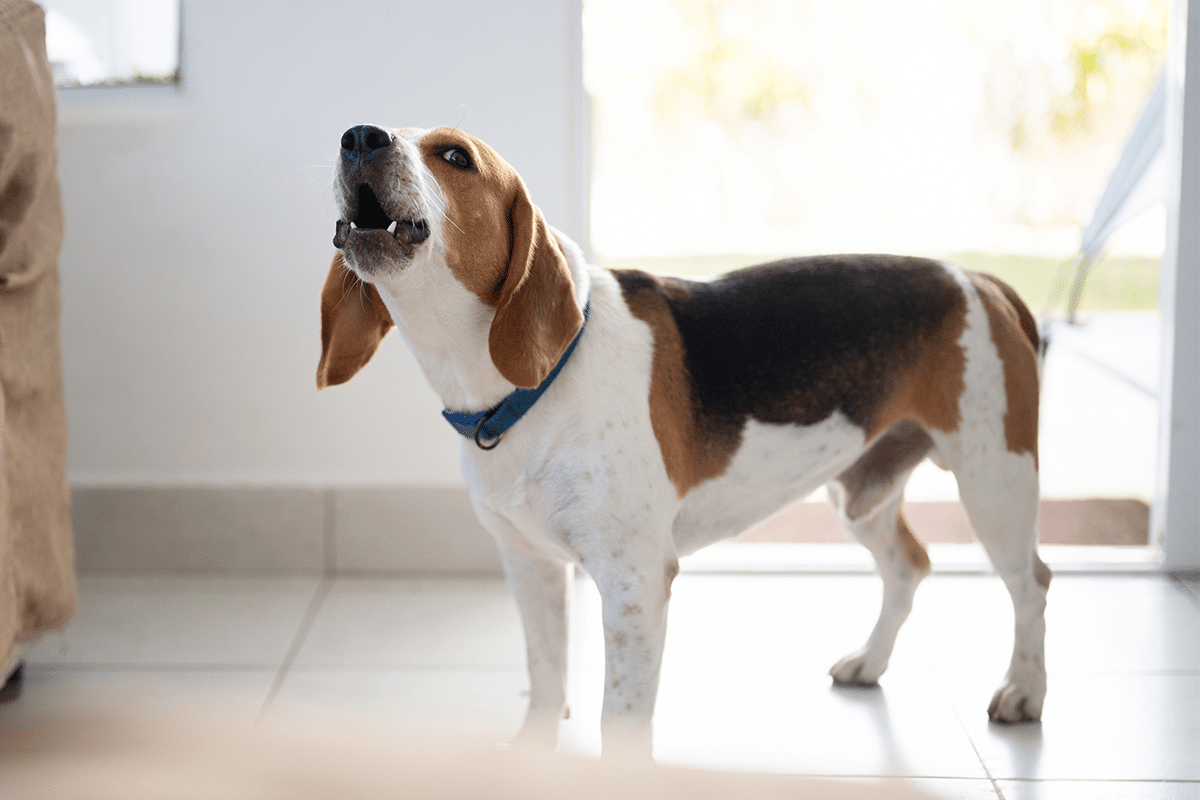 Shutterstock
Shutterstock
Dogs who bark excessively or whine for no apparent reason may not just be noisy, they might be nervous. Vocalizing can be a way to express discomfort or to seek reassurance. It’s their way of saying, “Something feels off, and I need you to notice.” While it can test your patience, try to look beyond the noise and figure out what’s triggering their insecurity.
Overreacting to Sounds or Movements
 Shutterstock
Shutterstock
A dog who startsles easily or overreacts to noises, guests, or sudden movements could be struggling with a lack of confidence. This hypersensitivity is rooted in insecurity they feel unsure of how to handle new or unpredictable situations. It’s like their internal security system is permanently on high alert. Helping them build positive experiences with new stimuli can gradually ease this behavior.
Refusing to Eat
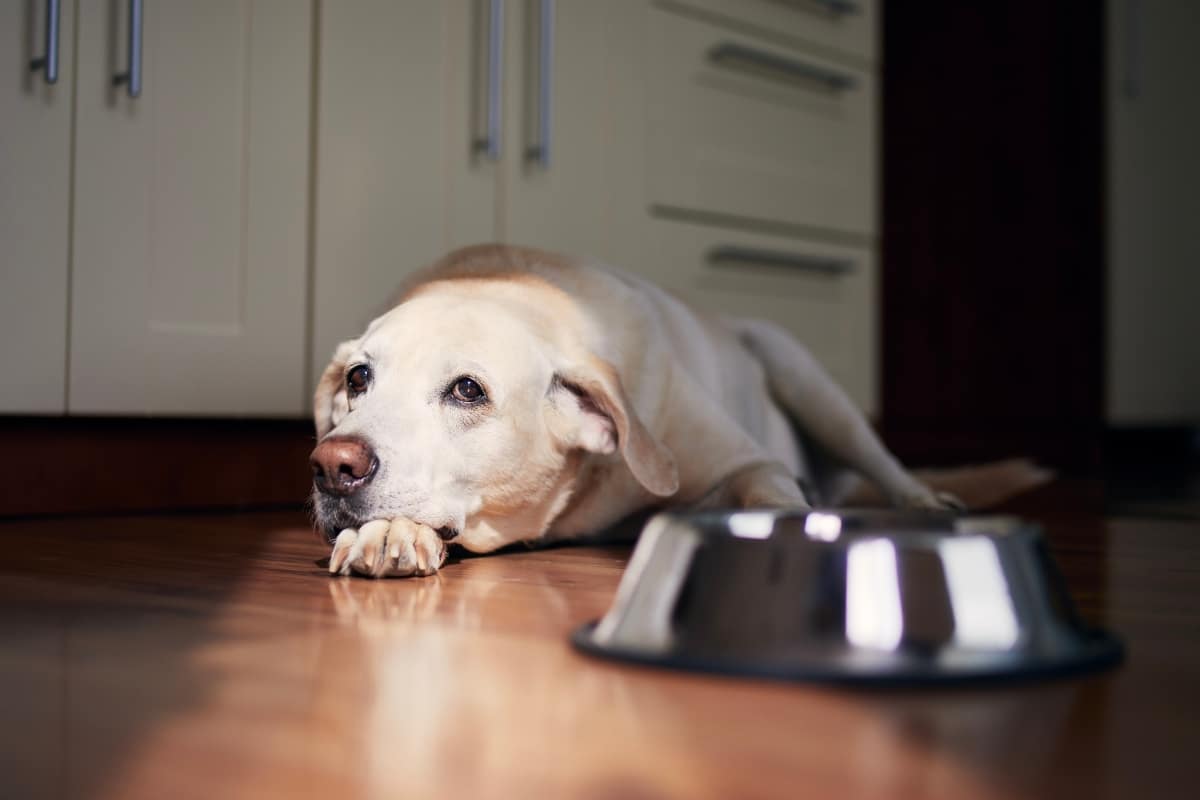 Shutterstock
Shutterstock
A dog that skips meals or suddenly loses interest in food may be feeling emotionally off. While illness should always be ruled out, insecurity and stress can definitely suppress a dog’s appetite. Just like us, when they’re worried or unsure, their stomach takes a backseat. If your dog’s eating habits change during stressful periods, it could be their way of saying, “I don’t feel right.”
Destructive Behavior
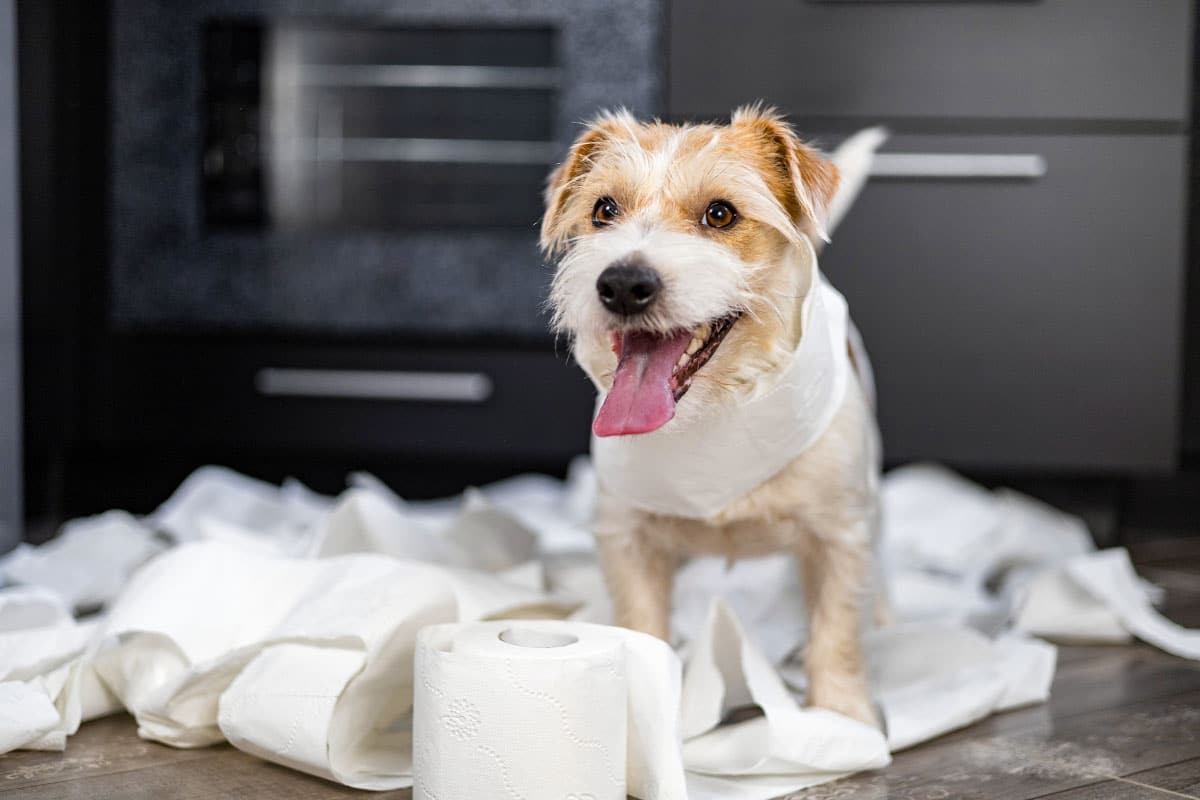 Shutterstock
Shutterstock
Chewing the couch, tearing up socks, or shredding their bed, destructive behavior often comes from a place of emotional imbalance. When a dog feels insecure and doesn’t know how to process it, they might act out physically. It’s not about being “bad,” it’s about having too many feelings and not enough tools to handle them. Addressing the root of their insecurity is key to ending the destruction (and saving your shoes).
The “I’m Fine!” But Clearly Not Club
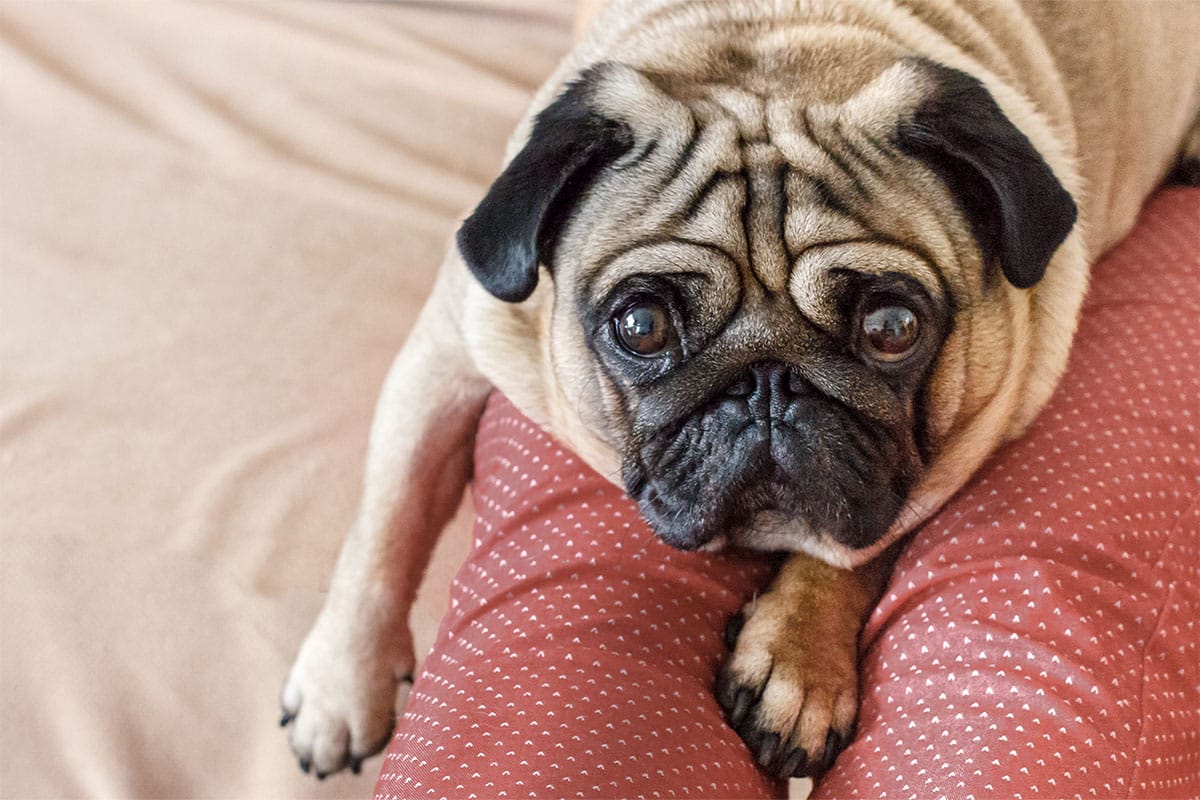 Shutterstock
Shutterstock
Your dog might not come right out and say they’re feeling unsure, but the signs are there in every paw lick, whimper, and sideways glance. Insecurity shows up in quirky, frustrating, and sometimes downright hilarious ways—but it always deserves our attention. With a little extra patience, reassurance, and love, you can help your pup find their confidence again. Because let’s face it: they’d do the same for you (even if you were hiding under the bed).

 1 month ago
26
1 month ago
26



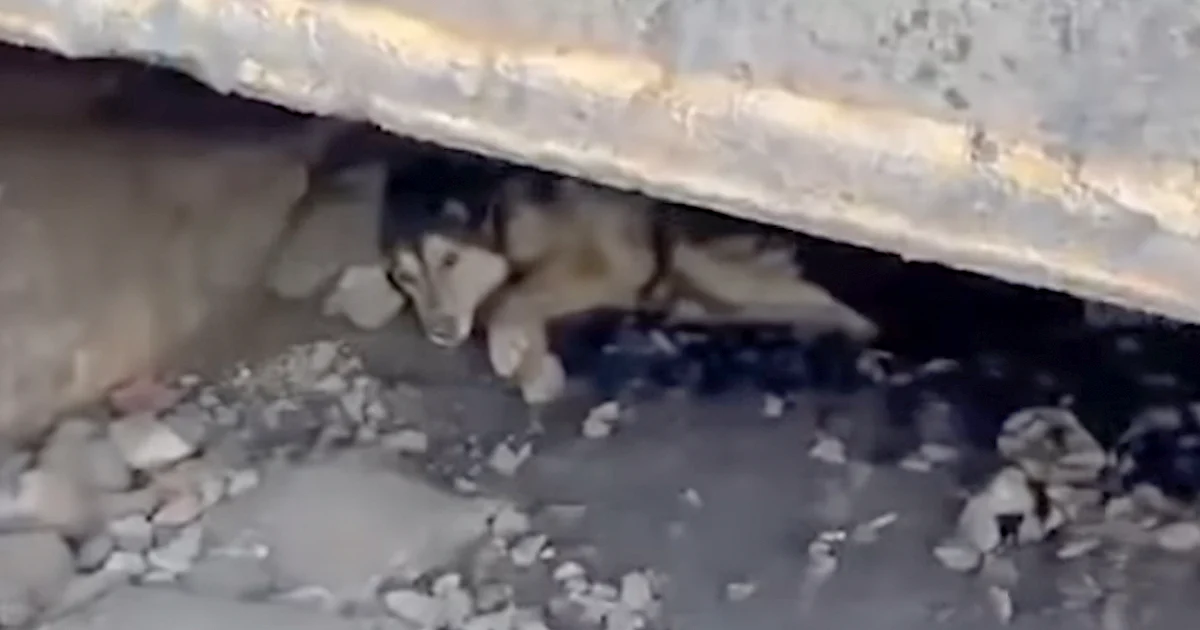


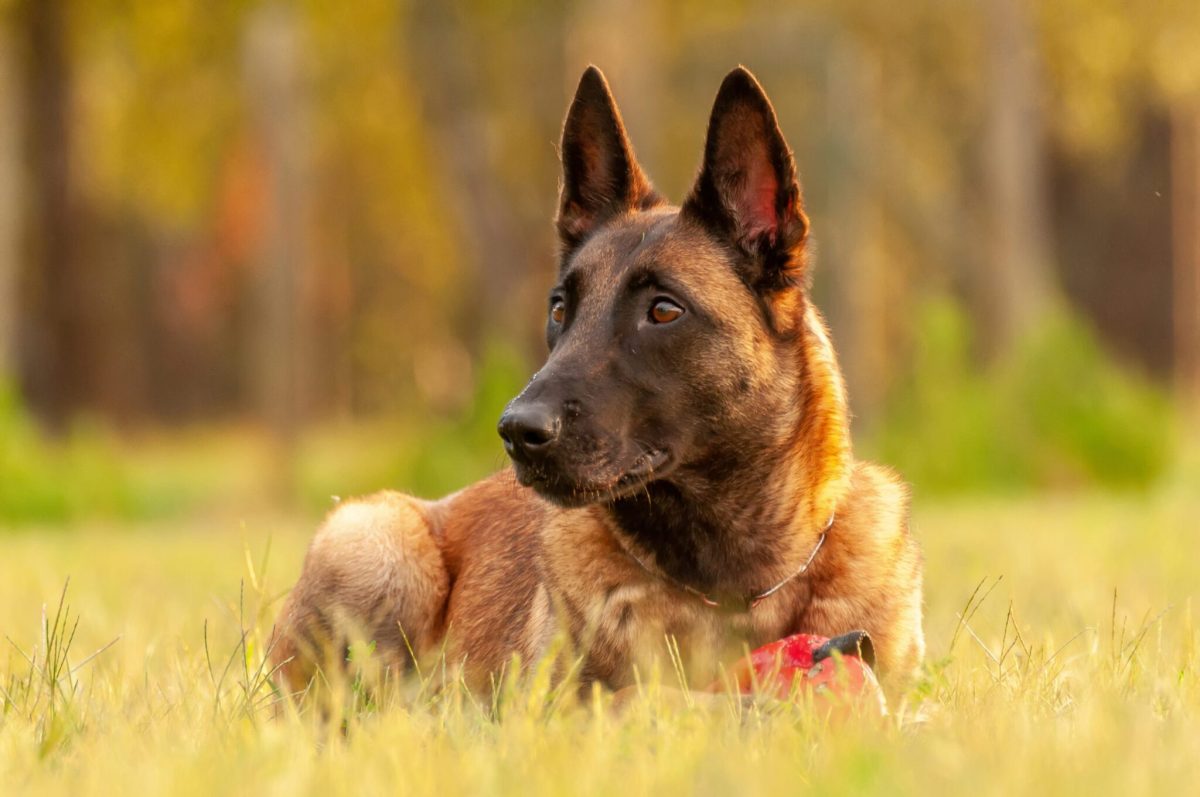


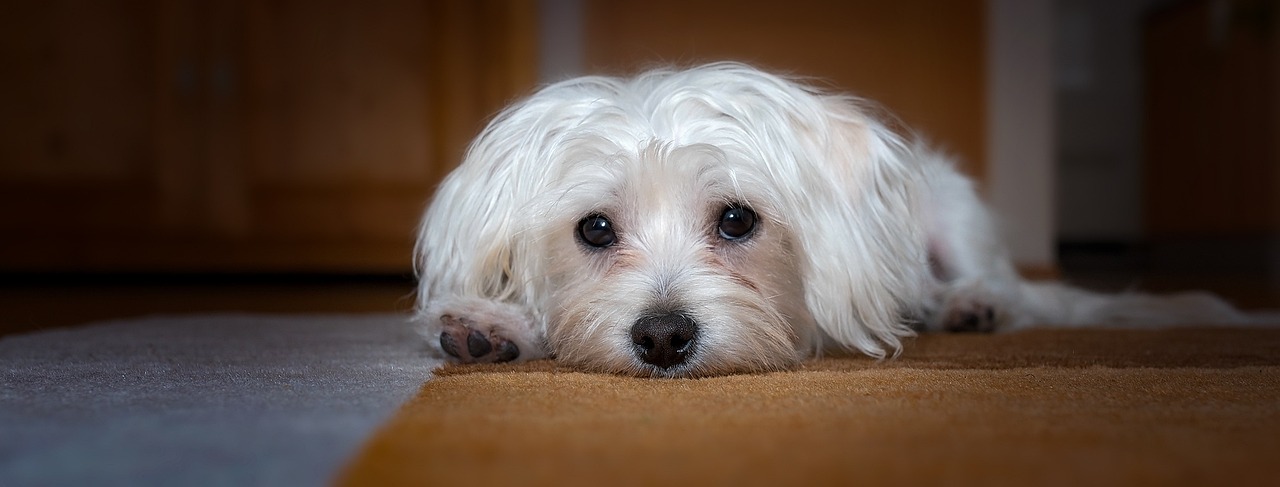


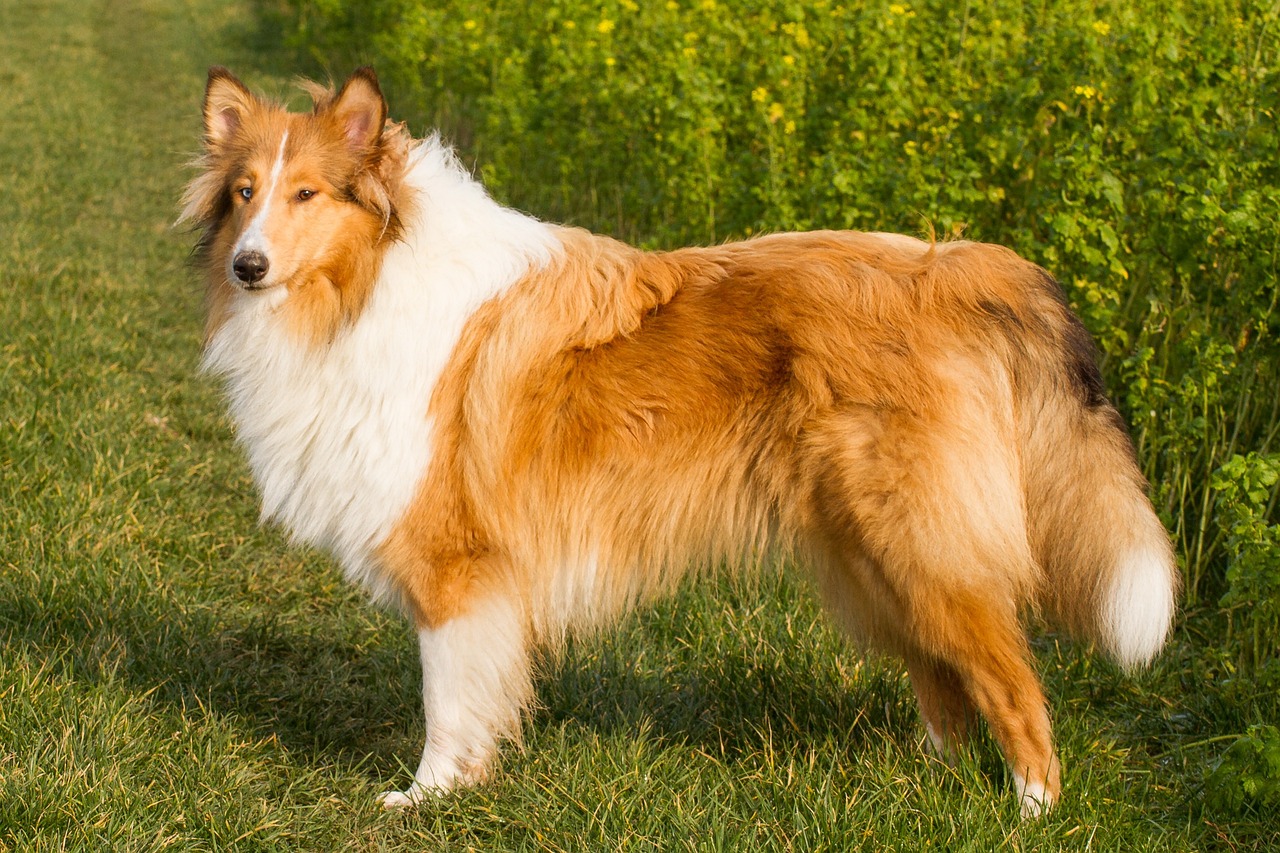





 English (US) ·
English (US) ·